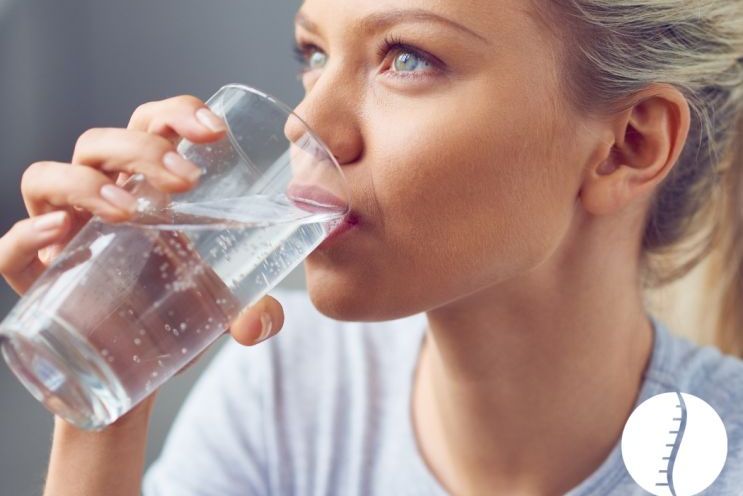Have a hard workout and feel muscle soreness? That’s perfectly normal, but there are some things to know about different types of muscle soreness and how to remedy feeling sore. Dr. Wisniewski is a chiropractor in Omaha who wants to help you navigate your fitness journey in a safe and healthy way.
Types of sore muscles
Acute muscle soreness
When you experience muscle soreness right away it is called acute muscle soreness. This kind of soreness usually has a burning sensation and can be caused by a buildup of metabolites. High-intensity exercise is the main cause of this muscle soreness. Acute muscle soreness will be present right away but can also resolve fairly quickly.
Delayed onset muscle soreness
If you feel stiff 24 to 72 hours after a workout, then it can be delayed onset muscle soreness. This is due to microscopic tears that form in your muscle fibers and surrounding connective tissues when exercising. If you start a new workout routine or use muscles that haven’t been used in a while, this is a common form of muscle soreness.
It is common to experience both acute and delayed onset muscle soreness. Your muscles may feel uncomfortable, but increasing the intensity of your workout little by little can help lessen muscle soreness over time.
How to remedy muscle soreness
Hydrate
When starting to increase your workout regimen, hydration is essential to help fuel your body. It is no different when muscle soreness kicks in. Staying hydrated not only helps you perform better but it also helps muscle repair and soreness. If you don’t consume enough water, delayed onset muscle soreness can last longer. Speed up your recovery process by drinking plenty of water or electrolytes.
Heat or ice therapy
Depending on your symptoms, heat or ice therapy can help with your muscle pain. Heat therapy is good for aiding tight and sore muscles or even old injuries or pain that might have flared up again. Ice therapy is preferred when there is swelling that needs to be reduced. Applying ice or heat therapy around an hour after exercise can help with muscle aches and pains and leave you feeling pain-free for around 24 hours.
Foam roll
If you’re looking for an easy way to help with muscle soreness, foam rolling is the way to go. Foam rolling is a form of self-massage that can help reduce muscle pain. This is a great method to do before workouts to warm up your muscles.
Continue exercising
Exercising through muscle soreness can be beneficial in getting through the aches and pains. If your body isn’t used to an exercise that is causing soreness, continuing to be active will help your muscles become stronger and less sore as time goes on.
Sleep
Getting a good night’s sleep is crucial in muscle recovery! Getting a good seven to nine hours of sleep will help your muscles repair and grow after an intense workout. If you’re lacking in the sleep department, soreness may last longer and your muscles might feel more sensitive to pain.
Chiropractor Omaha
Muscle soreness is all a part of having an active lifestyle! Although it can’t necessarily be avoided, it can be treated. Stay on top of your fitness and don’t let sore muscles stop you by scheduling an appointment at Wisniewski Chiropractic. Looking for a chiropractor in Omaha? Contact us today!


Leave Comment